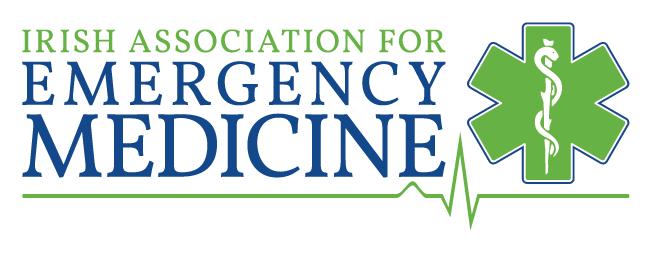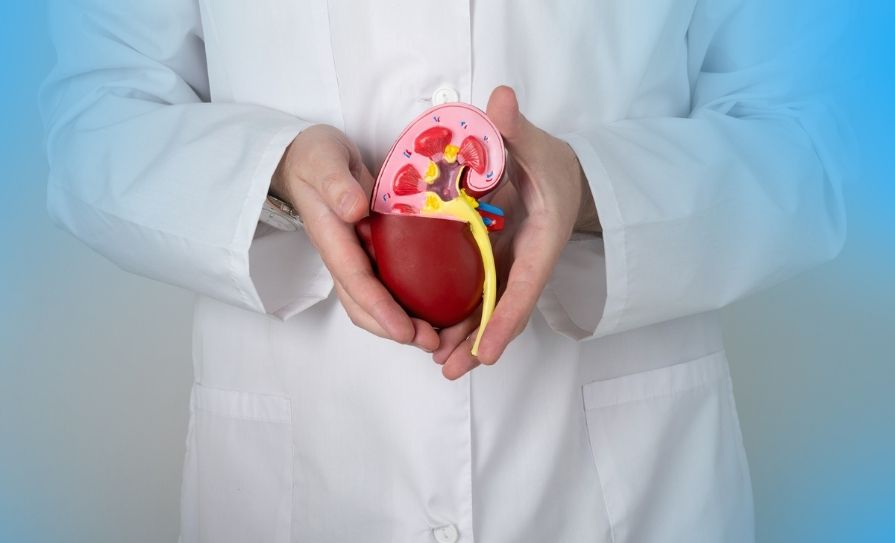The impact of Sláintecare on emergency medicine was debated at the the Irish Association for Emergency Medicine (IAEM) 30th anniversary meeting at the RCSI.
Asked if he had concerns that Sláintecare was too focused on primary care as opposed to hospitals, Dr Fergal Hickey, Consultant in Emergency Medicine, Sligo University Hospital, told this newspaper that he thought it was important “to understand that the healthcare system needs primary care, it needs secondary care, it needs tertiary care”.
“It can’t just have one and not the other. It can’t just shut down one to enhance the other. It needs to move on all fronts,” Dr Hickey told the Medical Independent.
“Yes there has been historically a focus on hospital care… Particularly for chronic diseases [that] should move back to a properly-resourced primary care. But that will not get rid of the need for emergency departments.
“Some of the narrative around it [Sláintecare] by people who have a particular axe to grind is ‘if we invest in primary care, we won’t need to invest as much in hospitals’. Really, we need to invest in both. But just the proportions may change.”
Former HSE Director General Mr Tony O’Brien told the conference that he believed Sláintecare should be supported by doctors in the IAEM.
“I think Sláintecare is an opportunity,” he told the conference. “Clearly, we can all be cynical about what politicians are going to do about it… [but] I don’t think there is great value in being in opposition to it [Sláintecare] at this time.”
However, Mr O’Brien added that the “danger is of course [with] political and media reductionism [which] can lead to a really simplistic over-emphasis on out-of-hospital solutions, forgetting that there is a reality that we will always need acute hospitals and that we will always need emergency departments”.













Leave a Reply
You must be logged in to post a comment.